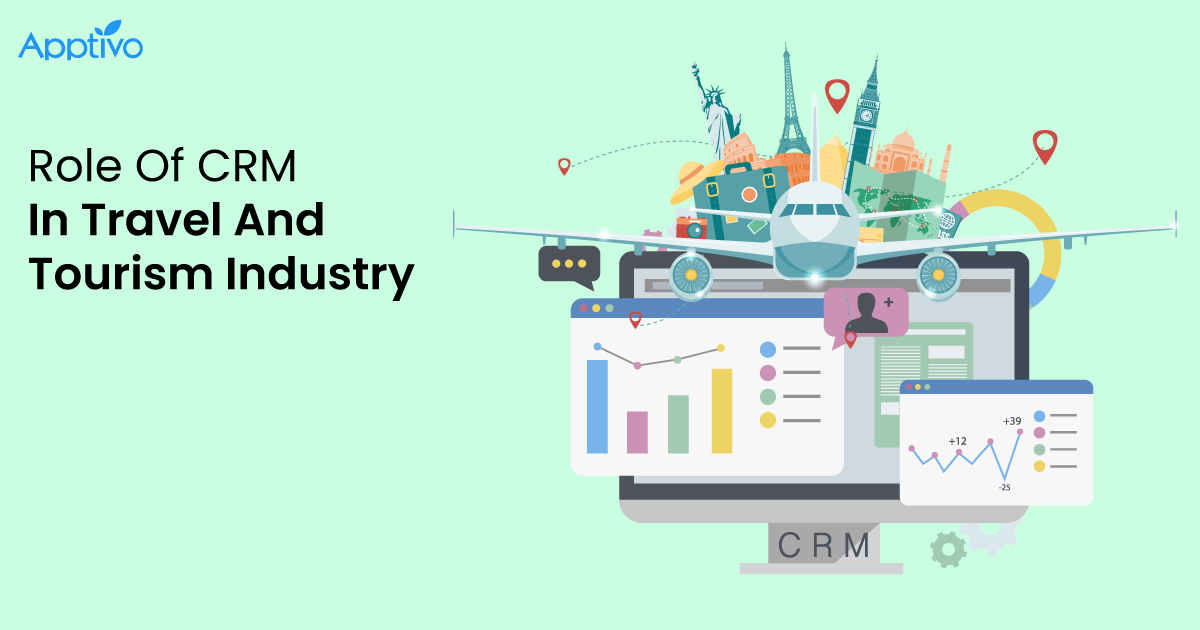1. Identify leads to channelize efforts
5. Learn MQL & SQL difference through example
6. Why is knowing the difference important?
Identify leads to channelize efforts
In the modern world, it is obvious to witness an unusual crowd pouring into the shopping malls during the weekends. Only a small percentage of those entering a mall do so with the intention of making a purchase, while the rest either come for entertainment or wind up making a purchase on impulse after being introduced to the product or service by the salesperson.
In this instance, the sales person is able to channelize his efforts towards a lead and is successful in turning a lead into a customer. Similar to this, every lead in marketing needs to be qualified, every lead needs to qualify in order to avoid wastage of effort and time.
As a business, it is necessary to know the lead classification in order to estimate the efforts needed to convert.
Lead qualification
Lead qualification is the process through which companies identify the prospective consumers who are most likely to make a purchase. Lead qualification is an essential component of the sales funnel, which segregates the lead into Marketing qualified lead (MQL) and Sales qualified lead (SQL).
MQL
Marketing Qualified Leads (MQLs) are potential customers who have exhibited interest in the company and its goods. To be more precise the website visitors who are likely to become customers are categorized as MQLs.
They are at the top of the sales funnel but are still not prepared for the sales team to give them individual attention. In that they still lack a few requirements that would make them the ideal candidates for the sales staff to handle.
When a lead engages in certain behaviors, such as returning to a website multiple times, browsing product pages, downloading white papers, guides, or other content, subscribing to a blog, signing up for email newsletters, interacting on social media, or even engaging in live chat, then they fall under MQL.
SQL
And the second category are, people who have signaled they are prepared to buy your goods or services are known as Sales Qualified Leads (SQLs).
In the sales funnel, SQL contacts are placed close to the bottom. They therefore have the necessary qualifications that make them a good fit for the good or service.
When a lead asks for a free trial of a product or service, inquires about the cost of the product or service, seeks to be contacted by a salesperson, or expresses desire to buy the product, the lead is categorized as a SQL.
Though not every SQL will result in a sale, SQLs are significantly more interested in the products or services a firm offers and are smoother to close.
Learn MQL & SQL difference through example
An edtech company has been running a marketing campaign to draw in new leads in an effort to boost revenue. Through their social media networks, they have been advertising, sending emails, and promoting special offers.
A person who clicks on one of the company’s advertisements and visits the website is considered an MQL. At this point, they’ve shown some interest in what the institute has to offer, but haven’t made any commitment.
If the same person filled out a form on the website and requested more information about a specific course, it would be considered SQL. Now the company knows that this person is interested and likely to buy.
The focus should be on MQL with SQL rather than MQL Vs SQL. Sales and marketing can play equally vital roles and are most effective when they work together to convert leads.
Why is knowing the difference important?
The average conversion rate from MQL to SQL is 13%. Only 6% of the SQLs actually result in sales. Businesses can concentrate their efforts on the proper leads by recognising the differences between MQL and SQLs.
The possibility of the sales team closing more deals and generating more revenue rises if they can concentrate on SQLs when they can differentiate between the two.
The distinction between MQL and SQL speeds up the conversion of leads into customers, enabling businesses to concentrate on the leads that have the most chance of turning into prospects.
Lead Score
Knowing the difference between MQL and SQL at the fingertips makes lead scoring practice a breeze. It can be accomplished by awarding better lead scores to website visitors who have read valuable content, like sales manuals, filled out valuable forms, such as requests for direct sales demos, or who have returned to the company website more than once.
Understanding where a lead is in the sales funnel is the primary objective of lead scoring, which in turn aids in developing an effective strategy for turning leads into customers.
Transitioning a Lead from MQL to SQL
Certainly, handing off a MQL to the sales team for qualifying as a SQL is the toughest part of the marketing methodology. When these steps are being used, transitioning from MQL to SQL can be as simple as a cake.
1. Soon after identifying a lead as MQL, lead nurturing campaigns should be launched either through targeted email or productive marketing campaigns.
2. Eventually, this MQL will either download more content offers, or end up flooding the marketing team with questions out of curiosity with a possibility that he may even subscribe for the newsletter.
3. Every piece of lead-related information must be given to the sales team after the MQL has met the qualifications to become a SQL.
4. A lead must be contacted by the sales team within 24 hours after their most recent conversion activity in order to be categorized as a SQL.
5. On their qualifying call, the sales team may discover that the lead is not quite prepared for the stage of decision-making. At this point the marketing team should have a plan in place at this time to kick that lead back down to a MQL and keep nurturing them.
Summary
It is obvious to witness a cold war among the marketing and sales team ping pointing at the other when it is about marketing. However, both of them are the supporting pillars for any business and have equal importance. When MQLs are correctly nurtured, they develop into SQLs, who become the brand’s customers. With Apptivo the tiring lead conversion process can be done effortlessly.
Latest Blogs

Role Of CRM In Travel And Tourism Industry
Travel and tourism have been a significant part of everyone’s life since the ancient period. When we skim through the pages of history, It should be noted that humans were initially nomads before they became settled in one place. They...
Read more →
WHAT IS CRM TECHNOLOGY?
Introduction CRM is a technology that helps manage the entire customer information and interactions in order to build and maintain superior customer relationships. The CRM solution replaces spreadsheets and other different applications, which makes it easy for the businesses to...
Read more →
Everything you need to know about the Annual Maintenance Contract!
1. What is an Annual Maintenance Contract? 2. Benefits of Maintenance Contracts 3. How can Apptivo CRM help you manage maintenance agreements and vendors? 4. Summary .synonyms { padding: 30px; border-radius: 10px; padding-top: 10; background: #ecf3ff; } Think about getting...
Read more →
